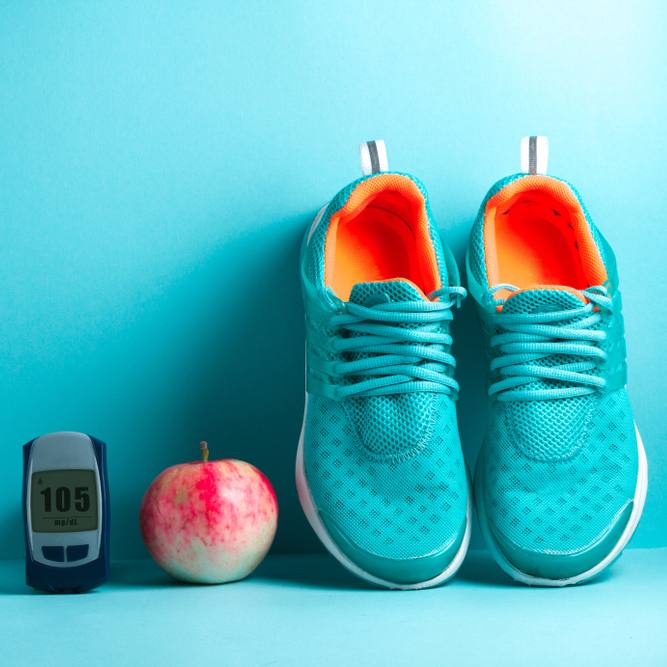-
Tuesday Q & A: Child’s chronic cough may be symptom of asthma
DEAR MAYO CLINIC: My son, 8, has been coughing off-and-on at night for a few weeks and says his chest hurts, but he never complains about it during the day. Could he have asthma? How is it diagnosed? If it’s very mild, would he still need treatment?
ANSWER: Based on the symptoms you describe, it is possible that your son has asthma. His doctor can confirm the diagnosis using a test that measures lung function called spirometry. Even in mild cases of asthma, treatment usually is recommended to help relieve symptoms.
When someone has asthma, the small airways in the lungs narrow, swell, and produce extra mucus. This can lead to a variety of signs and symptoms. In children older than 3, wheezing is typically the most specific asthma symptom. But in some kids, a chronic cough may be the only asthma symptom that they have. A persistent cough at night, an illness that includes a cough that lasts more than three weeks, or coughing in response to cold air, exercise, or laughing may all be the result of asthma.
When asthma is suspected in a child who is 5 years or older, the National Asthma Education and Prevention Program expert panel recommends lung function testing using spirometry. For this test, your son will take a deep breath and breathe out as hard as he can for several seconds into a tube that is attached to a machine called a spirometer.
For spirometry testing your son may be given a medicine called methacholine. In people with asthma, the drug causes airway obstruction. After that, he’ll receive an inhaled bronchodilator — medicine to reverse the airway obstruction. If spirometry shows evidence of airway obstruction, then it is likely your son has asthma, especially if the obstruction can be reversed with an inhaled bronchodilator.
Not only can results of spirometry show whether asthma is present, it can also gauge the severity of the condition. The two key measurements taken during spirometry are known as forced expiratory volume and forced vital capacity.
Forced expiratory volume is how much air you can force from your lungs in one second. Forced expiratory volume levels are typically lower than normal in children with asthma, especially when the condition is not well-controlled. Forced vital capacity — the largest amount of air you can forcefully exhale after breathing in as deeply as you can — doesn’t typically change with asthma but may change with other pulmonary conditions.
If spirometry testing confirms the diagnosis of asthma — even if it is mild — then treatment with an inhaled bronchodilator could help with your son’s cough symptoms. Treatment with an inhaled bronchodilator also may help if he develops shortness of breath or wheezing.
In some cases, daily therapy is needed for persistent asthma. That therapy is typically given in the form of an inhaled corticosteroid medicine. These anti-inflammatory drugs are the most effective and commonly used medications for long-term asthma control. They reduce swelling and tightening in the small airways.
If your son is diagnosed with asthma, talk to his doctor about creating an asthma action plan for him. Every child who has asthma should have such a plan that clearly outlines the treatment he or she needs both at home and in school or child care settings. Give a copy of the plan to all your son’s caregivers and teachers so they are familiar with his condition and know what to do if he has an asthma attack. — Brian A. Lynch, M.D., Pediatrics, Mayo Clinic, Rochester, Minn.







